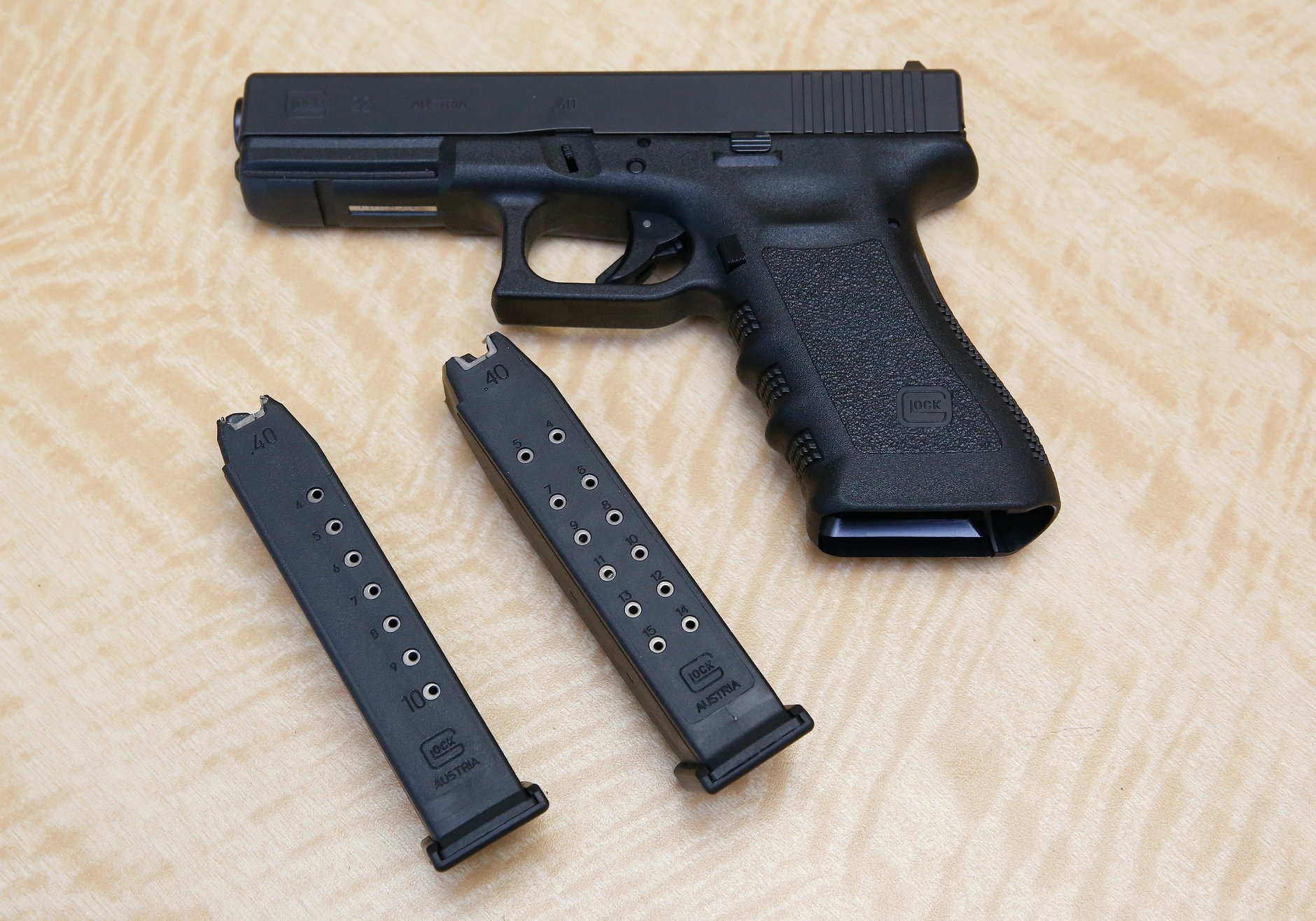
The Controversy Surrounding Age Restrictions for Handgun Sales
The Fourth Circuit Court’s Deliberations
As the Fourth Circuit Court of Appeals hears arguments on age limits for handgun sales, a long-standing debate is once again ignited. To ban or not to ban the sale of handguns to adults under the age of 21? The heart of the discussion is a law which currently prevents federal firearm dealers from selling handguns to these young adults, a restriction many argue infringes upon their constitutional right to bear arms.
Legal Challenges against Age-based Gun Laws
To counter these legal restrictions, suits have been filed on behalf of six young men combining two separate cases. The basis of the argument posed by their attorneys is that this restriction is in direct violation of these young men’s constitutional rights. District judges in both Virginia and West Virginia have sympathized with this perspective, finding no reason to deny law-abiding adults under the age of 21 from purchasing handguns.
The Justice Department’s Defense
However, the Department of Justice maintains its stance that the law applies specifically to commercial purchases, not possession, and is in line with other age-based regulations, such as the prohibition of handgun possession by minors. The law exists as a safeguard against impulsive decisions made by younger individuals, preventing them from quickly purchasing a firearm for vengeful purposes.
The Historical Aspect of Age Restrictions on Firearms
Despite the opposing standpoints, the question remains: Do age-based restrictions have a place in America’s legal codes? The Gun Control Act of 1968, which directed a more stringent approach towards licensing and regulating the firearms industry, is a notable example of a law that imposed restrictions on firearm sales.
Interpreting the Second Amendment
Recent litigation and landmark rulings have led to scrutiny of the Second Amendment’s interpretation. The argument extends back to our nation’s founding, where legislation required militia soldiers as young as 16 to provide their own firearms, implying a right to purchase. However, as it stands, such an interpretation could potentially lead to 16-year-olds having a constitutional right to buy handguns, a radical and controversial conclusion that seems improbable and imprudent.
Distinct Roles of Judiciary and Legislature
In this debate, it is crucial to uphold a clear distinction between the roles of the judiciary and the legislature. The judiciary’s role is to interpret law, while the legislature’s key function is to enact laws. If the court invalidates this law, it could potentially undermine the authority and function of the legislature in policy-making and regulatory processes. This topic raises complex questions about the court’s power in relation to gun control laws and their potential for affecting future firearm regulations.
Potential Implications of Overturning Age Restrictions
A prior panel for the Fourth Circuit previously overturned the handgun restriction after a challenge by a young woman who wished to purchase a firearm for self-protection. However, the decision was later vacated when she turned 21. If the current debate ends up invalidating the law, there could be significant implications form both a legal and societal standpoint.
Legal Ramifications and Societal Impact
The verdict of this case could create a significant precedent. Not only would it impact potential changes in gun control laws, but it also could influence decisions on cases regarding the age limit for other adult responsibilities and privileges. Furthermore, striking down the law could have tangible societal consequences, potentially leading to an increase in gun violence and criminal activities.
Originally Post From https://www.courthousenews.com/fourth-circuit-hears-arguments-on-age-limits-for-handgun-sales/
Read more about this topic at
Trend 05* Digital Privacy – Insights
Digital Privacy Insights: COVID-19 & Consumer Behaviour

